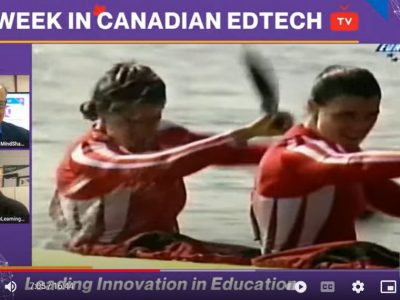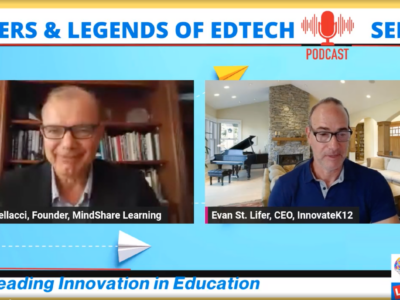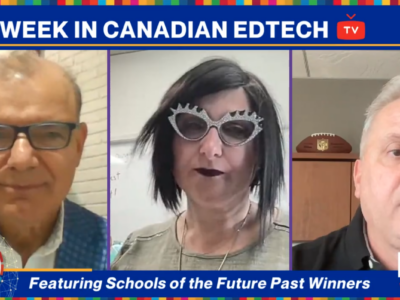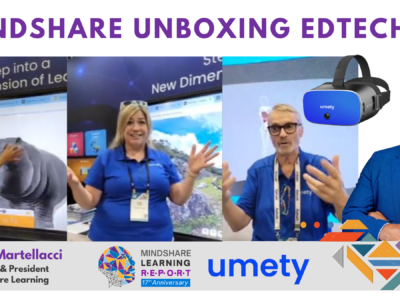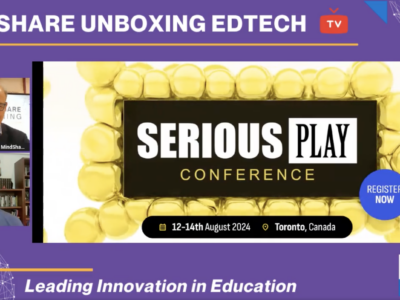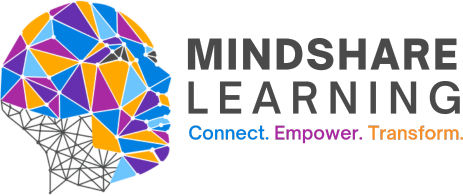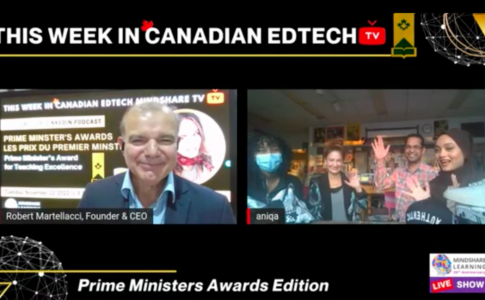The Best Way of Learning is by Doing
Last week, the Ontario Cooperative Education Association (OCEA) held their annual conference in Niagara Falls. A professional organization of Ontario Cooperative Education and Experiential Learning Professionals, nearly 400 teachers attended to network, learn and share best practices to support excellence in the education of all students in Ontario. The conference kicked off with a compelling keynote address by Jamie MacMillan, a journeyman, ironworker and boilermaker, who discussed the huge potential for opportunity and career satisfaction in the trades, as well as the difficulties still faced by women entering these areas of work. Highlights also included a wide variety of professional learning opportunities including a trip to Niagara College where teachers learned about available programs, toured the campus facilities and participated in a hands-on horticulture activity and a series of interactive learning sessions focused on course delivery, career and life planning, and educational technology.
“I take the OCEA motto a pathway to success to heart. I fully believe in the value of experiential learning and where it can lead our students. As experiential educators, the center of our work is our students and we need to constantly ask ourselves, ‘How can we help our members to serve our students? What knowledge do they need?’” (Eleanor MacNiven-Hoecht, OCEA Chair)
What is experiential learning?
Not new to education, in its simplest form, experiential learning is student learning that happens beyond the classroom (Ministry of Education, 2019). Whether a field trip in the community, job shadowing, mentoring, service projects, school-work transitions or a work placement, experiential learning bridges classroom study with the community and workplace so students transfer learning, and can use what they learn in new contexts to develop new skills, attitudes and new ways of thinking.Built on interdisciplinary and constructivist principles and practices, its benefits are:
• To make learning relevant by linking theory to practice
• To build the capacity for critical thinking and application of knowledge in complex or ambiguous situations
• To increase student engagement
• To develop global competencies such as the ability to collaboratively solve problems and communicate across cultures, through a wide array of media, to tackle complex global and local issues with creativity and resiliency
Cooperative Education provides secondary school students with a wide range of learning opportunities in the community, through a work placement, where students are involved in determining what they learn, how they learn, and how they demonstrate their learning. They acquire skills and knowledge related to their interests, reflect on their experiences to gain knowledge about their opportunities and how they can shape their future, and are provided with personalized experiences to meet particular learning and motivational needs.
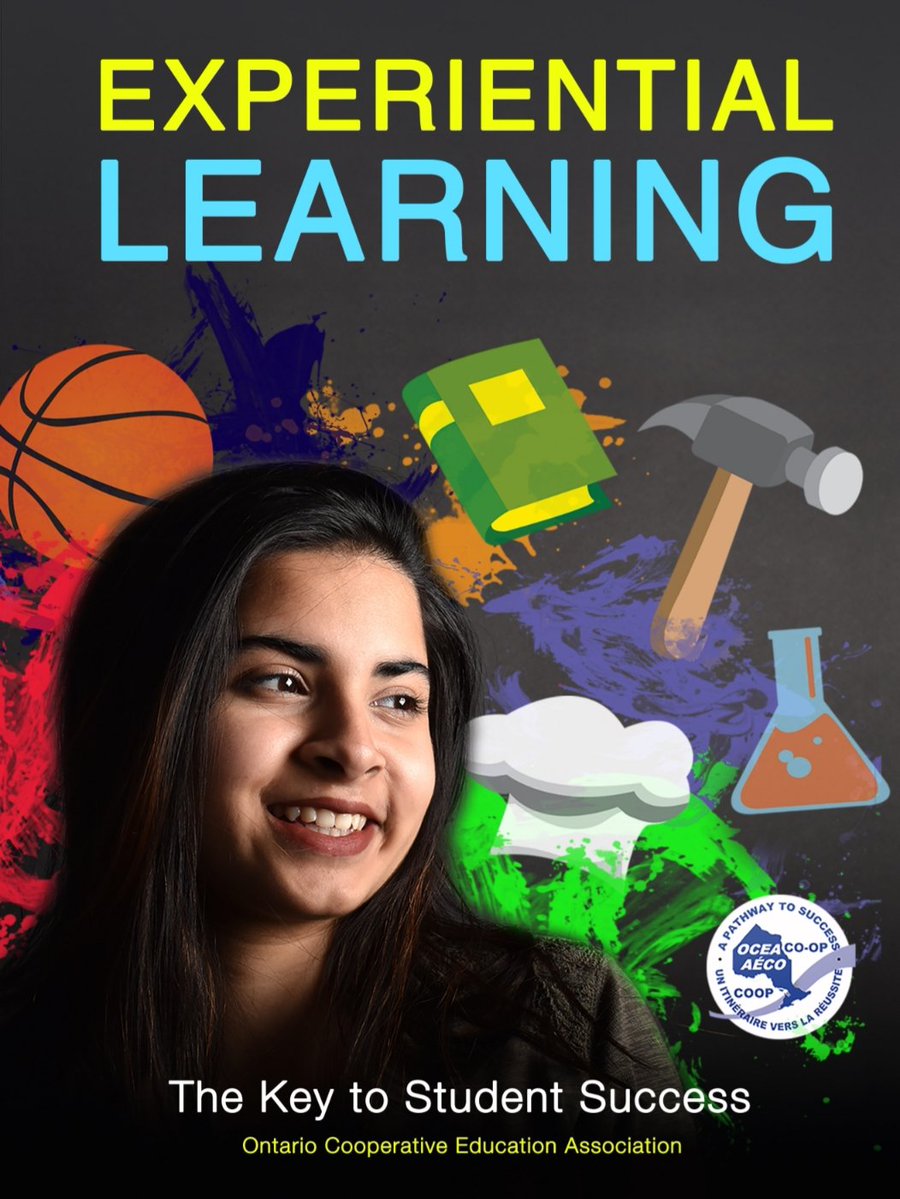
“I’m studying auto body. If it weren’t for co-op, I wouldn’t have had the experience and knowledge I have now. It taught me how you act and what it’s really like in a real job. Co-op is the reason I’m going to college.” (Stuart, student)
“My coop was able to teach me the value of getting up early and going to bed earlier, because a tired mind is an unproductive mind. My co-op allowed me to get a feel for a professional environment, and how to conduct oneself professionally. It showed me what I like about working and what I don’t.” (Aedan, student)
According to the OCEA, seventy-five thousand students in the Public and Catholic systems participated in Co-op in 2015/16. 77% of these students participated through regular day school, 8% through Continuing Ed and the remaining 15% through alternative education settings. Enrolment is continuing to increase as students and parents recognize the benefits of experiential learning.
Congratulations to all #ocea44 presenters and participants!
